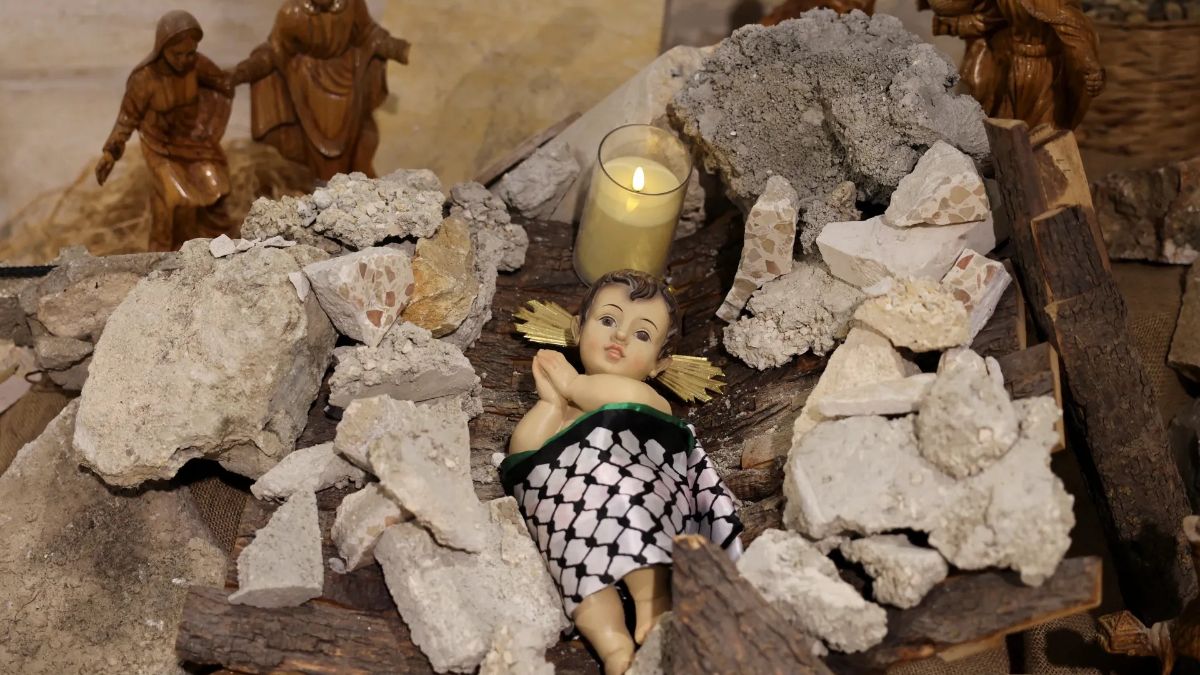Pentecost Unity
I will pour out my Spirit upon all flesh.
Acts 2:1-21
May 13, 2016, Words By: Kris Rocke, Image By:
This week we celebrate Pentecost, which some call the birthday of the church. The Spirit is “poured out” on all flesh, just as the prophet Joel had prophesied. This is the same word Jesus uses to describe the cup of salvation at the Last Supper, which is “poured out” for all (Matt 26:28, Mark 14:24, Luke 22:20). In Greek it’s ekcheo, which is to “gush, or run greedily out.” That’s our model for church. We are the “poured out ones.”
But in what way are we poured out? Is there a shape to our poured-out-ness?
Each week at church growing up, we recited the Nicene Creed (325). Perhaps you did too. Do you remember the rough outline? “I believe in one God, the Father…I believe in one Lord, Jesus Christ…I believe in the Holy Spirit…” And then these words, “I believe in one, holy, catholic and apostolic church.”
“One, holy, catholic and apostolic.” This is the shape of our poured-out-ness. It is the shape of the new humanity— in Christ. Missiologist Charles Van Engen turns the adjectives into adverbs in order to draw out the implications for mission. We are one (reconciling), holy (sanctifying), catholic (unifying), and apostolic (sending) church. I like that, especially when I consider our rapidly urbanizing world, which is eagerly looking for just such
a sign.
One: Because we are “one,” we reconcile. It’s good to remember that our denominations are the many different ways in which we are one. We love our ecclesiastical tribes, or perhaps hate them. Either way, there is only one church, expressed in many forms. Denominations are not the Church, rather they are like clothes to the body. There is only one body— the body of Christ, clothed in many ways, with many styles. In the later stages of faith development, style gives way to substance. We become aware of our oneness, and the heart for reconciliation grows in us. In the end, we can see that we are being reconciled into one body, clothed only with the love of Christ.
Holy: Because we are “holy,” we sanctify. The word holy carries heavy overtones of moralism. Whatever else the church is, it is not morally superior to the rest of the world. Studies consistently show that churchgoers have the same rates of moral failure in every category as do non-churchgoers. What makes us holy is not our moral superiority. We have none. As catholic theologian James Alison suggests, what makes us holy is that we are being forgiven. That is our holiness. It is what unites us with all of creation, which is also undergoing forgiveness. When we participate in the giving and receiving of forgiveness, we are a sanctifying presence in the world.
Catholic: Because we are “catholic,” we unify. I was raised in the Catholic Church, so naturally, I thought the Nicene Creed was our creed. It’s not! The word “catholic,” has nothing to do with the denomination. It means “according to the whole.” In other words, we are all catholic. To be catholic is to be a sign of unity— a unity, as we discussed last week, that is not “over and against” anything, but always “with and for” everything. We are a unifying presence in the world torn apart by division.
Apostolic: Because we are “apostolic,” we send. The word “apostle” comes from the Greek word apóstolos, whose root is stéllō, “I send.” The Latin equivalent is missio, from which we get mission. We are sent-ones. An apostolic church is sent into the world as a sign of God’s love made visible.
Our cities and their most vulnerable eagerly await a new humanity poured out in the shape of one, holy, catholic, and apostolic church.
Kris Rocke
Executive Director
Street Psalms



